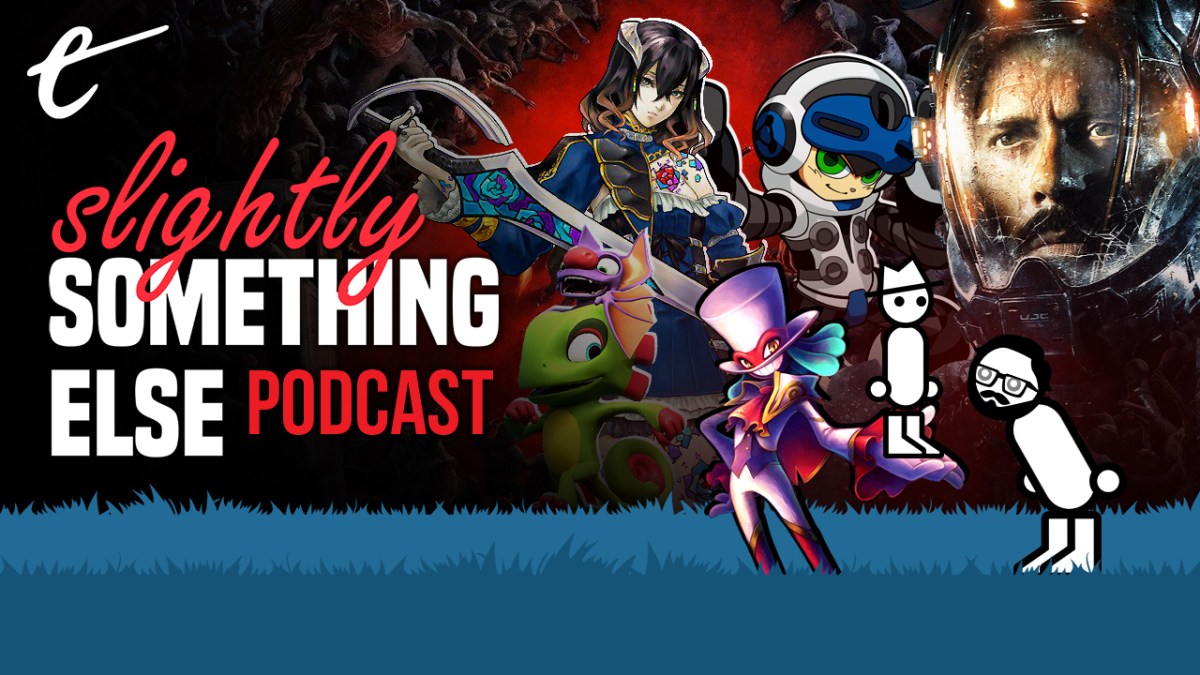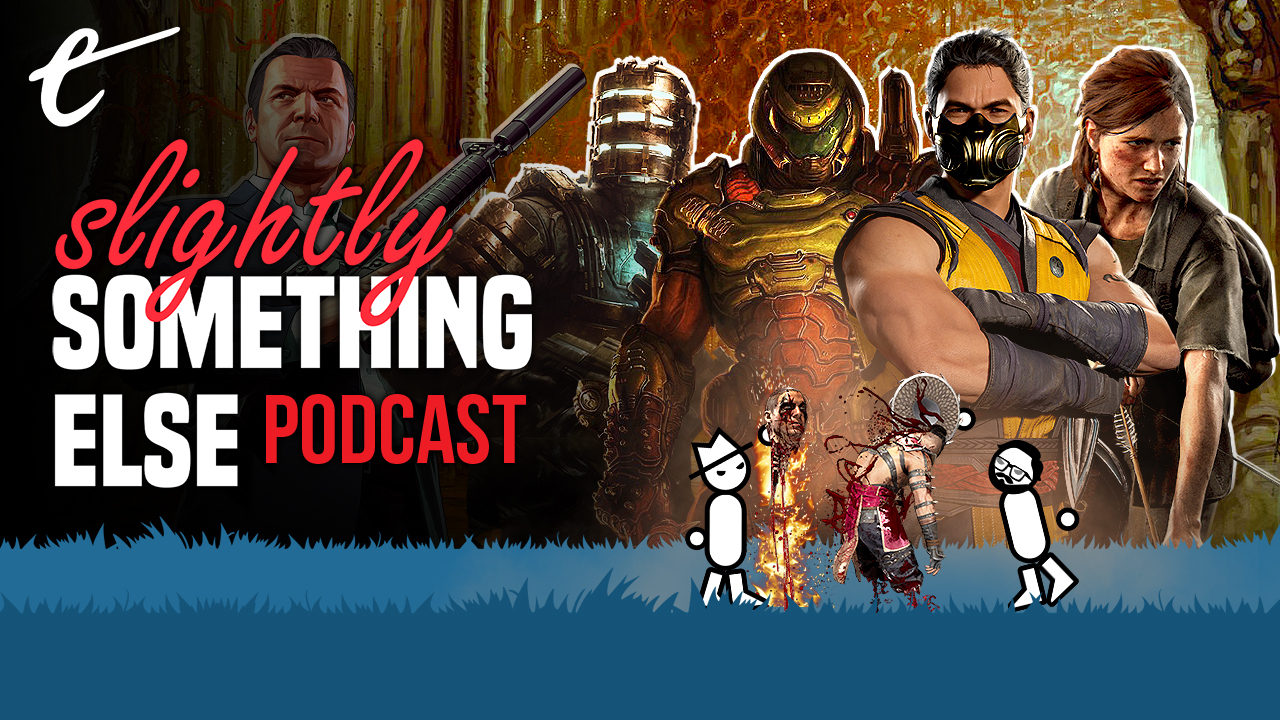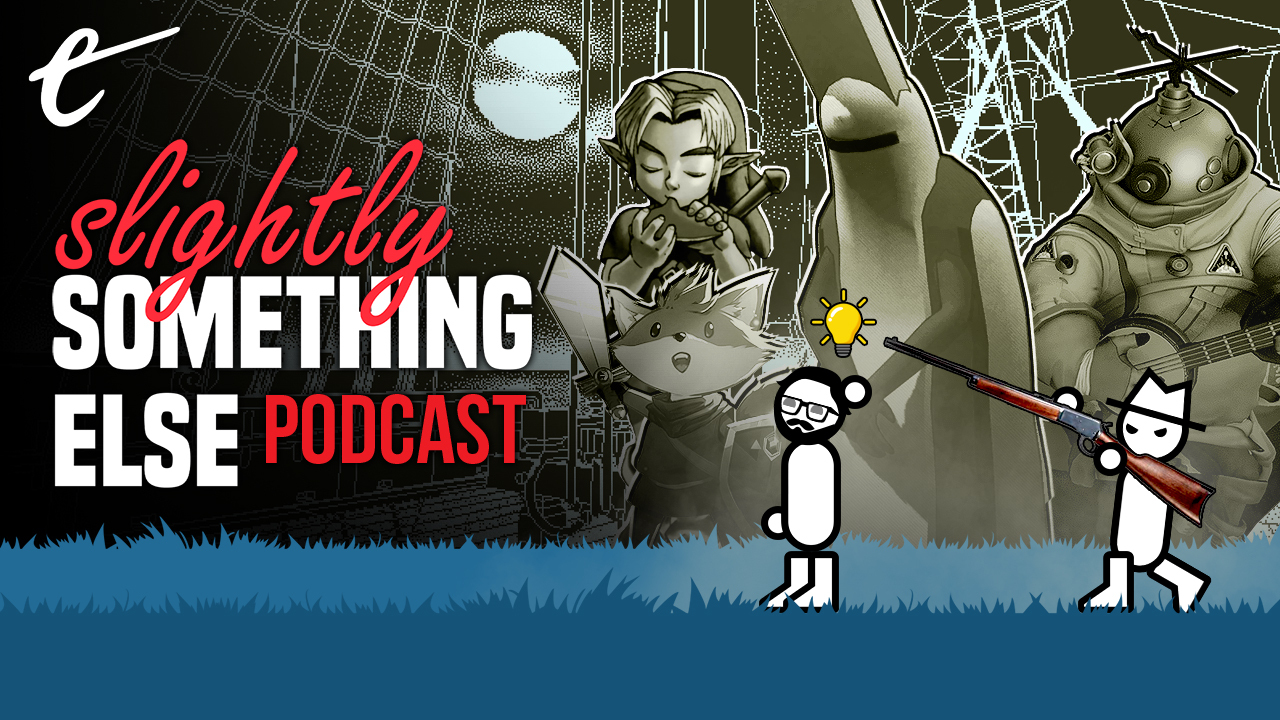Recommended Videos
This week on Slightly Something Else, Yahtzee and Marty discuss “spiritual successor” sequels and whether they’ve ever really been better than the original game, with examples like The Callisto Protocol to Dead Space and Bloodstained: Ritual of the Night to Castlevania: Symphony of the Night.
The Escapist is supported by our audience. When you purchase through links on our site, we may earn a small affiliate commission. Learn more





